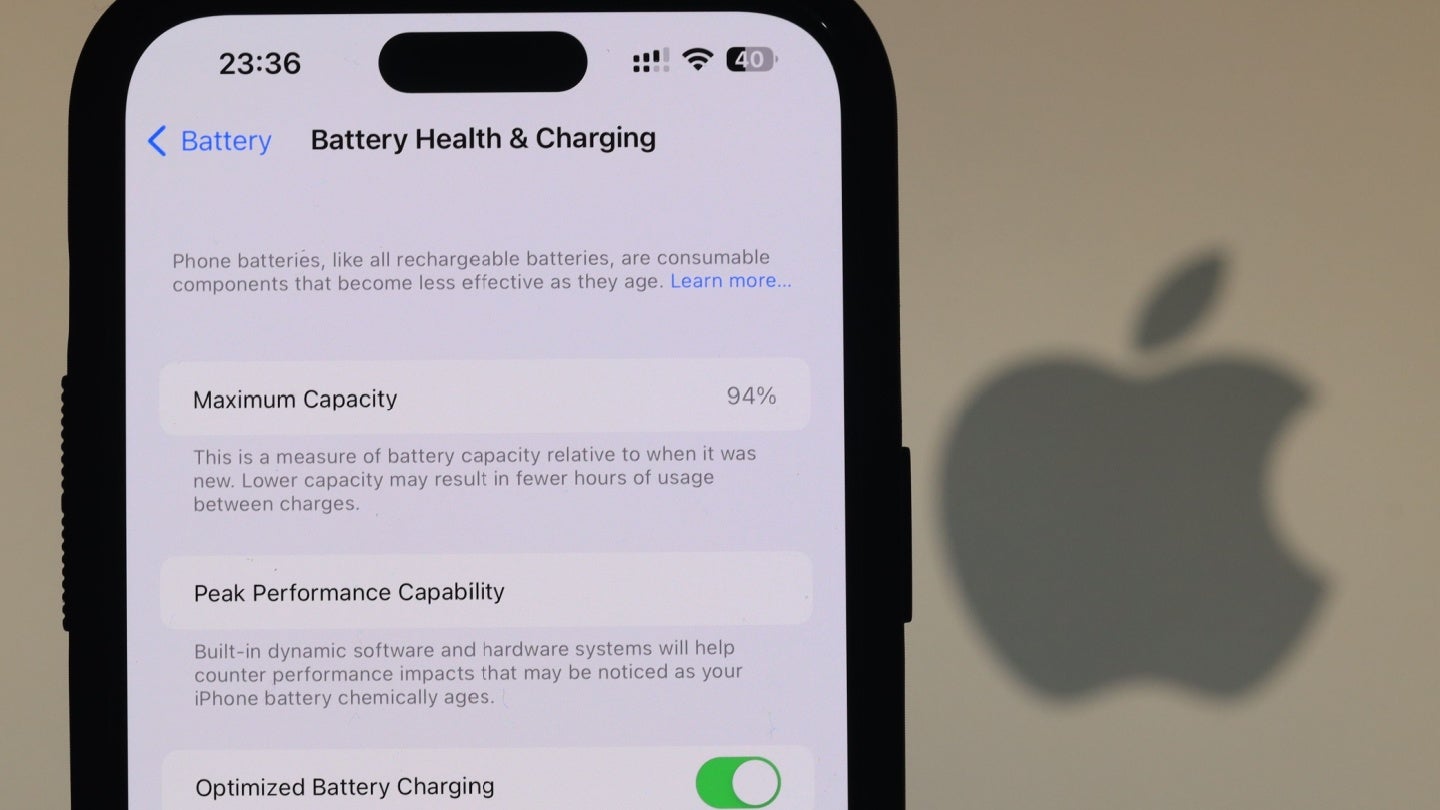
Following a $500m settlement dubbed ‘batterygate‘ in 2023, Apple has stated that it will now support repairs using used parts from its iPhones without compromising user privacy or security.
Anisha Bhatia, senior technology analyst at research and analysis company GlobalData, called Apple’s updated repair process a win for the right-to-repair movement.
Bhatia stated that Apple’s decision to bend to the right-to-repair movement would disentangle the repair process for consumers while maintaining control over its repair revenues.
“Apple is simplifying its repair process for both customers and service providers by doing away with its cumbersome parts pairing feature, for iPhone 15 series and newer phones,” Bhatia said.
Consumers now no longer need to provide their device’s serial number to order replacement parts. Bhatia stated that this easier order process would encourage the growth of Apple’s circular economy.
Taking a wider look at OEMs across industry, Bhatia expects governments to increase pressure globally to provide their customers with easier repair services.
How well do you really know your competitors?
Access the most comprehensive Company Profiles on the market, powered by GlobalData. Save hours of research. Gain competitive edge.

Thank you!
Your download email will arrive shortly
Not ready to buy yet? Download a free sample
We are confident about the unique quality of our Company Profiles. However, we want you to make the most beneficial decision for your business, so we offer a free sample that you can download by submitting the below form
By GlobalData“OEMs have come under pressure by governments as the right-to-repair movement has gained tremendous momentum in the EU and the US,” said Bhatia.
“The EU passed its own ‘Right to Repair’ law in February 2024, and various repair bills have passed in four US states, with more right-to-repair bills being debated in legislatures across 28 other US states,” she said.
Sustainability continues to be a major theme across industries.
In a 2024 GlobalData survey, more than 44% of respondents answered that their business had ESG (environmental, social and governance) policies including sustainability practices.
Despite this, more than 50% of respondents believed that ESG policies were just seen as marketing strategies by businesses. A mere 7% answered that they thought businesses were fully committed to their ESG policies.
“Sustainability is a hot button topic right now, and sustainable devices with increased longevity potential are likely to generate brand loyalty for both telcos and OEMs that offer it as a differentiator,” stated Bhatia.







